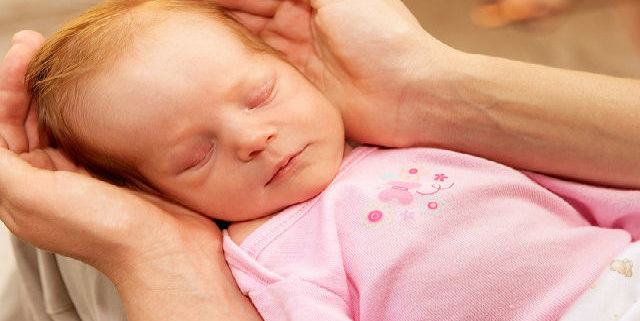Baby Dies in Day Care Center Incident

Baby Dies while in care of Employee
When the mother of 7-month old Jonathan Lopez dropped him off at a daycare center, she did not expect him to die from abuse he suffered there. It was November 24, 2015, the day before Thanksgiving, and the baby was being cared for at Smiley Faces Daycare in Las Vegas, an unlicensed center operating out of a woman’s home. The owner of the daycare was out of town due to a family emergency and she had left the children in the care of her employee, Alejandra Robles, age 36.
When Robles was holding crying Jonathan, she became frustrated and admitted that she “dropped” him on his head and neck because he “would not stop crying.” Paramedics were eventually called and rushed the baby to the hospital where he was diagnosed with “Shaken Baby Syndrome.” He suffered brain damage so severe his doctors said he would never see, hear, walk or talk. For months, Jonathan’s parents stayed by his side at the hospital. His mother quit her job to be with him. Despite the parents love and devotion to their baby, Jonathan lost his fight to live and succumbed to his injury on April 23, 2016.
In February 2016, Robles, who admitted to intentionally dropping the baby out of frustration and anger was arrested and criminally charged with child abuse. Now, the parents are pressing the police to add murder charges against her. So far, the case is still under criminal investigation. The parents are likely considering filing a civil action for wrongful death.
Jonathan’s parents had left their older two children in the care of this unlicensed facility and had developed a trust for it. They had no problems over a several year period of time. Even so, they feel very guilty that they allowed this worker they did not know to care for their child while the owner was gone. They want other parents to learn from their experience.
Possible Preventive Measures
ChildCare Aware of America reports that approximately 11 million children are in child care in licensed or unlicensed day care facilities or being cared for by family, friends or neighbors. Very little is done to monitor care or report on abuse. In its publication, “Why Aren’t We Outraged,” ChildCare Aware provides story after story of healthy, normal children having their lives cut short due to catastrophic injuries or death suffered at day care facilities.
The report makes some suggestions that should apply to all day care facilities in order for them to become licensed, such as requiring background checks for all workers, and requiring an adequate ratio of workers to children. But, the onus is on the parents to carefully check out the care providers for their children.
Perhaps the best suggestions come from a group of parents as to what parents should look for when they visit daycare centers, whether licensed, not licensed or family in home day care. Before leaving a child anywhere for day care, parents should personally visit the center or home several times and the following observations should be made.
- How is the caregiver interacting with the children? Staff should be holding babies tenderly in their laps or sitting on the floor playing with toddlers. Babies and young children need a warm, loving environment in order to thrive.
- Check staffing ratio to children. No matter what the state requirements are, the American Academy of Pediatrics recommends one adult for every three babies under the age of 24 months.
- Check out the child care philosophy to be sure it matches your own. Is the television on all day to act as an assistant babysitter? How are snacks handled? How do the caregivers deal with fussy babies? How do they deal with nap time?
- Make surprise visits. You want to see what is routinely happening when a parent visit is not scheduled. This is often the best way to answer your question about whether this is the place for your child.
- Keep communication open. Until your baby can talk, your only way to accumulate information is by communicating with the caregiver. When you drop your baby off in the morning, the caregiver should be interested in how the baby slept, what the baby had for breakfast and whether there is any relevant care giving issue, such as the baby is fussy due to teething. At the end of the day, the caregiver should provide you any important information learned about your child during the day.
- Trust your intuition. No matter how much other people have said they love a certain caregiver or facility, if your intuition tells you it is not the right place for your child, trust that and look further.



